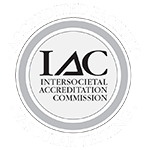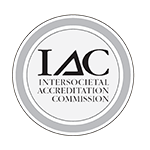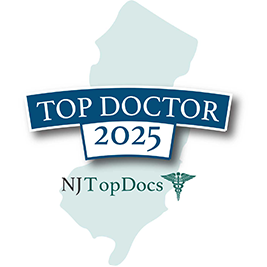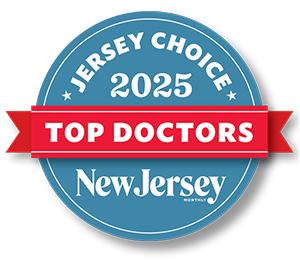
A pregnancy is one of the most wonderful and miraculous experiences we go through as human beings. The concept of giving birth transcends medical practicality and serves to continue the circle of life.
While the human body transforms in wondrous ways during a pregnancy, there are sometimes unanticipated developments that can occur. One such development is the occurrence of varicose and spider veins.
These vein conditions are quite often genetic in nature. For example, if your mother had spider veins or varicose veins during pregnancy, you stand a pretty good chance of developing them, too. As pregnancy progresses, and more weight is gained and more pressure is placed on the legs, the veins can become more noticeable and painful. These veins appear when the uterus applies pressure to the large vein (the inferior vena cava) that carries blood back to the heart from your legs and feet.
What Can I Do?
Quite honestly, not much should be done to alleviate the problems associated with the engorged veins during pregnancy. Varicose veins are a common, usually harmless part of pregnancy for some women.
As the months go on, veins may change sizes and grow larger. However, many veins will simply disappear after delivery so treating them may not even be necessary. In fact, you may find the dilated veins often disappear and the legs go back to their former appearance.
We do know that expectant mothers go through many uncomfortable phases during a pregnancy and if there is much swelling and discomfort, here are some ways to reduce varicose vein pain and avoid making the veins worse:
- We often prescribe compression surgical stockings to help reduce the pain and inflammation.
- Take frequent breaks and move around as much as possible if you have to stand or sit for a while.
- Try not to cross your legs when sitting.
- Do some low-impact exercise, if your doctor permits it.
- Reduce the amount of salt in your diet and stay within your recommended weight range for your stage of pregnancy.
- Sleep on your left side to keep the pressure off of the inferior vena cava, which is on the right side of your body.
Treating Varicose Vein Issues After a Pregnancy
If you are not fortunate enough to have your vein issues resolve naturally, the good news is that your varicose or spider vein issues can still be treated through a simple procedure.
Once you have completed nursing and your menstrual cycle has returned to normal, we can begin treating those veins with a variety of therapies, such as:
Sclerotherapy: A sclerosant is injected into the affected vein. This FDA approved solution causes an irritation to the inner lining of the vein, ultimately causing it to close off. Over time, the treated vein is absorbed and disappears enough to not be seen.
Laser Ablation: Ablation (also known as VNUS Closure, Radiofrequency Ablation or EndoVenous Laser Treatment) is a minimally-invasive procedure to treat varicose veins. The purpose of this procedure is to close an incompetent (or poorly functioning) vein in order to improve your symptoms. Radiofrequency or Laser energy is directed through a thin catheter that is inserted through a tiny puncture in the vein.
Microphlebectomy: Also known as Phlebectomy, ambulatory phlebectomy, or stab phlebectomy, it’s is a technique to remove varicose veins. In this procedure, several tiny cuts (incisions) are made in the skin through which the varicose vein is removed.
Varithena: A procedure that specialists use to treat venous reflux disease, often the underlying cause of painful varicose veins. It uses microfoam that helps to boost the creation of clots and damaged tissue caused by particular forms of veins.
Our board-certified vein doctors are always available to answer your questions and determine the right course of action for your varicose and spider vein concerns. Feel free to schedule an appointment at one of our many convenient locations in NJ.








_2.jpg)